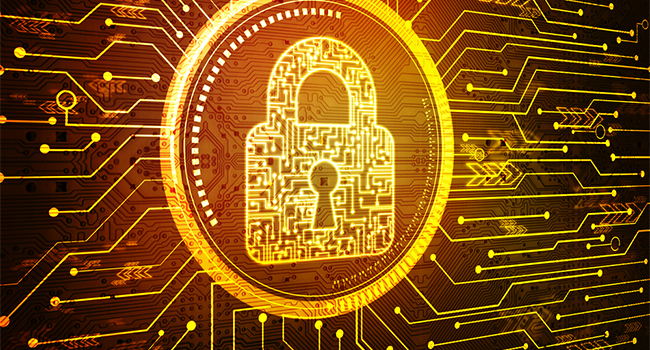
Security Workers Classified as Essential Critical Infrastructure Workers
- By Ralph C. Jensen
- Mar 24, 2020
President Trump has issued an updated Coronavirus Guidance for America. The guidance states that: "If you work in a critical infrastructure industry, as defined by the Department of Homeland Security, such as healthcare services, and pharmaceutical and food supply, you have a special responsibility to maintain your normal work schedule."
The Cybersecurity and Infrastructure Security Agency (CISA) is responsible as assigned under the Homeland Security Act of 2002 to provide strategic guidance, promoting a national unity of effort and coordinate an overall federal effort to ensure security and resilience to the nation's critical infrastructure. This means trusted partnerships with the public and private sectors, delivering infrastructure resilience assistance and guidance to a broad range of partners.
According to a directive signed by Christopher C. Krebs, CISA director, a list of essential critical infrastructure workers aims to help state and local officials to protection communities, also ensuring continuity of functions critical to public health and safety. The range of operations and services that are deemed essential include staffing operations centers, maintaining and repairing critical infrastructure, operating call centers, working construction and performing management functions. The industries that require support medical and healthcare, telecommunications, information technology systems, defense, food and agriculture, transportation and logistics, energy, water and wastewater, law enforcement and public works.
"These identified sectors and workers are not intended to be the authoritative or exhaustive list of critical infrastructure sectors and functions that should continue during the COVID-19 response," Krebs wrote in his directive. "Instead, State and local officials should use their own judgment in using their authorities and issuing implementation directives and guidance."
State, local, tribal, and territorial government and in charge of implementing and executing response activities in communities under their jurisdiction. The federal government assumes a supporting role. CISA has committed to continue working with partners in the critical infrastructure and update the nation's response to COVID-19 evolves.
About the Author
Ralph C. Jensen is the Publisher of Security Today magazine.